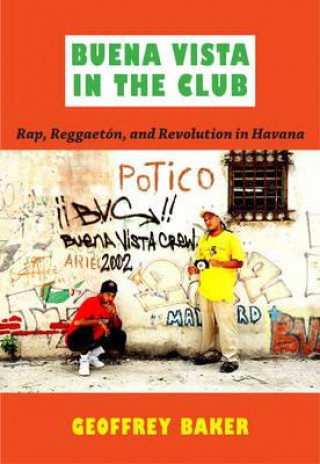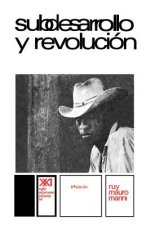
Livrare
Consilier de cumpărături





Nu se pretează? Nu contează! La noi puteți returna bunurile în 30 de zile
 Voucher cadou
orice valoare
Voucher cadou
orice valoare
Cu un voucher cadou nu veți da greș. În schimbul voucherului, destinatarul își poate alege orice din oferta noastră.
Buena Vista in the Club
 engleză
engleză
 322 b
322 b
30 de zile pentru retur bunuri
Ar putea de asemenea, să te intereseze


In Buena Vista in the Club, Geoffrey Baker traces the trajectory of the Havana hip hop scene from the late 1980s to the present and analyzes its partial eclipse by reggaeton. While Cuban officials initially rejected rap as "the music of the enemy," leading figures in the hip hop scene soon convinced certain cultural institutions to accept and then promote rap as part of Cuba's national culture. Culminating in the creation of the state-run Cuban Rap Agency, this process of "nationalization" drew on the shared ideological roots of hip hop and the Cuban nation and the historical connections between Cubans and African Americans. At the same time, Baker also describes young Havana rappers using hip hop, the music of urban inequality par excellence, to critique the rapid changes in Havana since the early 1990s, when the Soviet Union fell, its subsidy of Cuba ceased, and a tourism-based economy emerged. He considers the explosion of reggaeton in the early 2000s as a reflection of the "new materialism" that accompanied the influx of foreign consumer goods and cultural priorities into "sociocapitalist" Havana. Exploring the transnational dimensions of Cuba's urban music, Baker examines how foreigners supported and documented Havana's growing hip hop scene from the late 1990s and represented it in print and on film and CD. He argues that the discursive framing of Cuban rap played a crucial part in its success.
Informații despre carte
 engleză
engleză
Categorii




 Cum să cumpăr
Cum să cumpăr


























